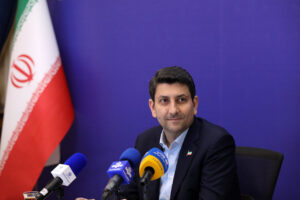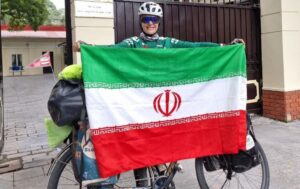Avash News: Dr. Amir Hossein Yavari, Deputy Head of the Headquarters, said during the meeting that nearly all global models related to addiction treatment are currently being implemented in Iran.
“The most important measures include the establishment of outpatient treatment centers for drug users, mobile units, night shelters, residential facilities, harm reduction centers, mobile teams, and temporary treatment centers,” he explained.
1,250 Addiction Treatment Centers Operating Across Iran
Yavari noted that addiction treatment in Iran generally involves the use of opium tincture, methadone, and buprenorphine.
“Currently, there are 1,250 active addiction treatment centers in Iran, with more than 2,245,000 individuals receiving treatment,” he said.
Yavari also emphasized that Iran’s integrated and community-based approach to addiction treatment has helped reduce the transmission rates of AIDS and hepatitis among drug users.
Iran Establishes Support Fund for Recovered Addicts
Dr. Yavari announced the establishment of a new fund to support individuals recovering from addiction, emphasizing employment and housing as key post-treatment priorities. He noted that charitable organizations are also being engaged to assist in this effort.
Yavari highlighted the importance of early prevention during kindergarten and elementary school years and said Iran focuses on four main areas in addiction prevention: education, family, workplaces, and local communities. He also expressed Iran’s readiness to conduct joint research with international partners and called for updated information on global addiction treatment practices.
Proposing two areas of joint action with the World Health Organization (WHO), Yavari suggested forming a technical joint task force on prevention and developing a three-to-five-year roadmap with measurable indicators for cooperation between Iran and WHO.
He stressed Iran’s frontline role in combating narcotics trafficking, noting that the country prevents the flow of drugs into Europe and sacrifices lives each year in this fight. Yavari invited the WHO delegation to visit Iran’s border regions during their next trip.
Criticizing the current level of engagement with WHO, Yavari called for the permanent presence of a WHO expert in Iran and continuous access to WHO documentation and consultation channels. He underlined that Iran’s achievements in drug control and prevention are extensive and unique, with over 100–150 books published annually and significant national research investment in this field.







